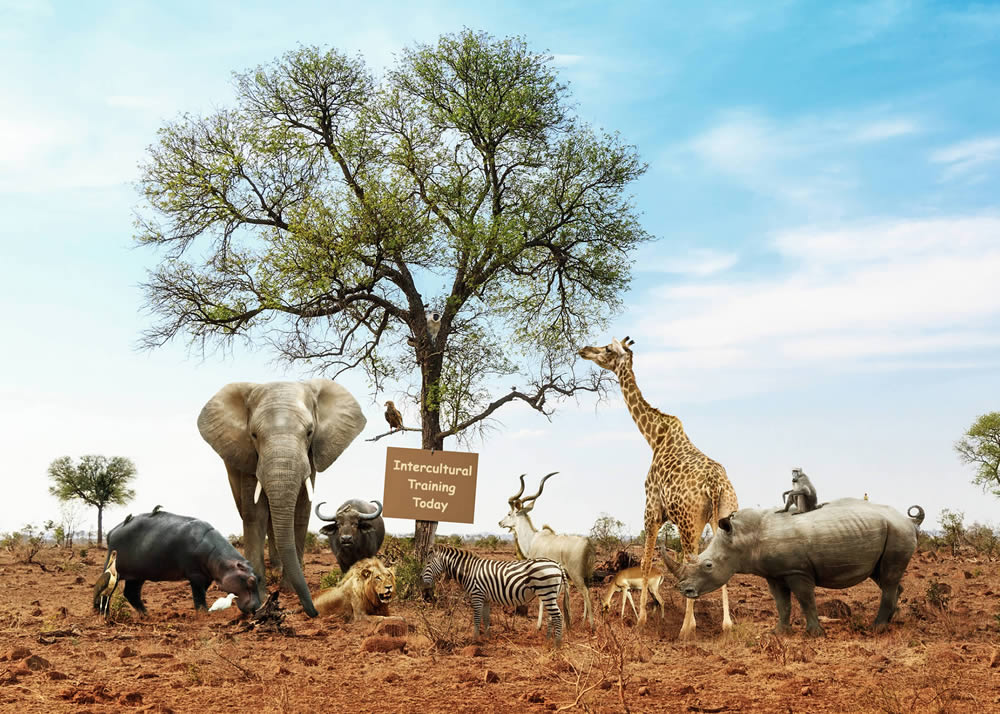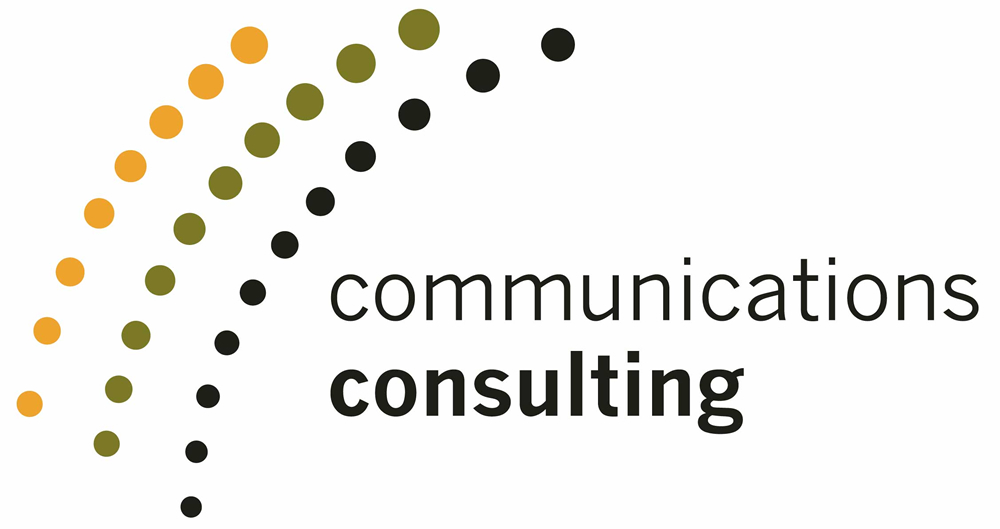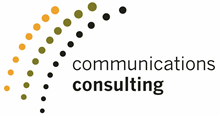Globalization requires a different kind of cooperation — intercultural cooperation. It makes an important contribution to international corporate success.
Communicating with people from different countries without major misunderstandings and efficiently reaching joint decisions and solutions is always a challenge.
Awareness and understanding of cultural differences are essential prerequisites for good intercultural cooperation.
My offer: Individual advice for specialists and managers, trainings and workshops.
Consulting for specialists and managers
The way we see the world from our own culture is so familiar and natural to us that we find it hard to imagine that colleagues in other cultures could approach the same topic, such as giving feedback to an employee, in a completely different way.
In an open and trusting individual consultation, we analyze and reflect on various situations in an intercultural context, also considering your corporate culture and team constellation. The aim is to develop intercultural awareness and develop concrete recommendations for action regarding daily international work.
Example questions:
-
- How does my previously proven leadership and communication style fit another cultural field of impact?
- How can I better manage my international team?
- How can I improve collaboration within my international team?
- What cultural differences between team members can I use to strengthen the team as a whole?
- What can I do to get more feedback or suggestions from my Asian team members?
Trainings & Workshops
Our trainings and workshops focus on strengthening the cultural understanding and thus the intercultural competence and cooperation of teams. On the one hand, I convey awareness of one’s own cultural imprints and encourage self-reflection, and on the other hand, I convey theoretical principles on the various approaches to the topic of culture.
In addition to the training, I offer constructive workshops. Here we work on concrete situations based on participants’ experiences or role-playing games. Experience and elaboration of practice-oriented recommendations for action are in the foreground.
The priorities are defined considering the group composition — nationally homogeneous or internationally heterogeneous. The implementation takes place in groups of up to 12 participants. The training usually lasts 1.5 to 2 days; a supplementary workshop of at least half a day should be scheduled.
Of course, all trainings and workshops also take place virtually.

Training:
Intercultural cooperation for professionals
The training is aimed at professionals and managers who work together in international teams. Considering the professional background and the priorities agreed upon in advance, it contains theoretical basics on intercultural cooperation as well as topics from everyday working life.
Questions we work on:
-
- What do we mean by culture? How strong is its influence on behavior, norms and values in cooperation?
- What similarities and differences arise from culture, behavior, norms and values, and how can we consider them in the collaboration of intercultural teams?
- What challenges do we experience in intercultural cooperation?
- What are the relevant cultural dimensions in our international team?
- What concrete influence do cultural dimensions have on the behavior of the various international colleagues? How do we deal with this in the team?
- What strengths and opportunities can arise from regionally distributed teams and how can we use them?
- What impairs trust in the team and how can more trust be created in the team?
Training:
Change in international cooperation
The training is aimed at managers and project managers who are to implement changes in international organizational units, projects or processes. The training focuses on concrete questions from practice as well as intercultural theory, with a focus on change and leadership.
Questions we work on:
-
- How do change processes work? Where are the best starting points for different cultures?
- What is culture? How strong is culture’s influence on behavior, norms and values?
- Which cultural dimensions are particularly relevant for change and what influence do they have on behavior in difficult situations?
- Which management styles are considered efficient in different cultures?
- What intercultural aspects need to be considered in a change situation with international customers or partners?
- How can the most important change elements be transferred to another culture? Where do we need adaptations to successfully shape the change?

